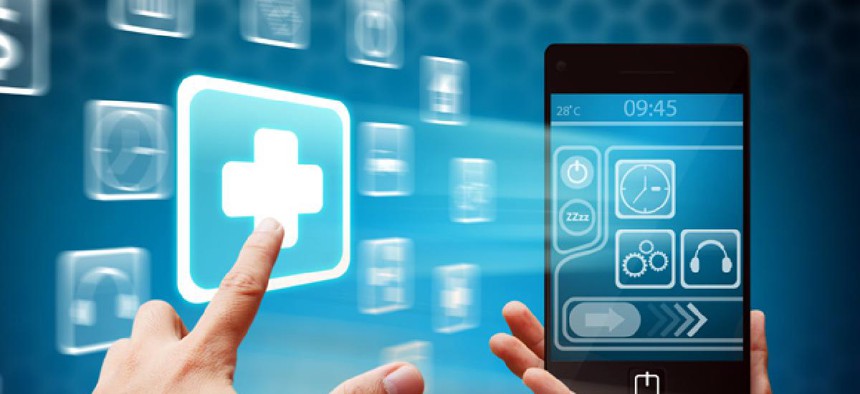Mobile health tech: From novel startups to global industry

watcharakun/Shutterstock.com
Last week's mHealth summit in Washington, D.C., gave tech leaders an opportunity to evaluate the field and its future.
Mobile health technologies are the fastest growing sector of one of the fastest growing markets in the world, projected to be worth $11.8 billion by 2018. At the mHealth summit last week in Washington, D.C., 4,000 people shared, networked, and, in the words of NIH presenter Roderic Pettigrew, took time for evaluation. Mobile health has grown so large so quickly -- about half of all doctors use mobile health apps, and a quarter of consumers -- that the conference provided a much-needed opportunity to make sense of what the field has become.
The thousands of mobile health technologies currently available - sleep monitors, stress checkers, diet and fitness trackers -- are more useful in aggregate than as individual applications. And yet, because each is developed independently, there are no means of making these applications talk to each other. Some of that is by design -- companies are understandably protective of their products -- but much of it results unintentionally from the software development process.
"The biggest challenge for the mHealth ecosystem is that solutions are currently being built in monolithic silos, which makes it very difficult to effectively integrate them to create personalized solutions," says presenter Deborah Estrin, whose non-profit Open mHealth seeks to remedy that. A number of firms used the summit as an opportunity to launch collaboration. Diversinet, for example, announced its Blue Button mobiHealth Wallet for managing, downloading, entering, and sharing health information from different sources. Aetna CEO Mark Bertolini, meanwhile, spoke of CarePass, a platform that can connect Aetna's big apps, like iTriage, with Fitbit and other popular apps already on the market.
(Image via watcharakun/Shutterstock.com)





